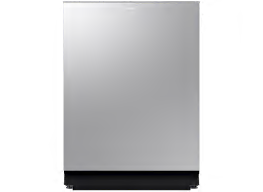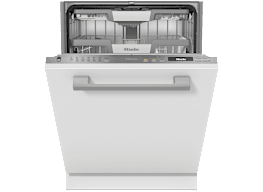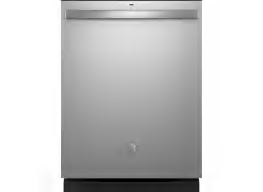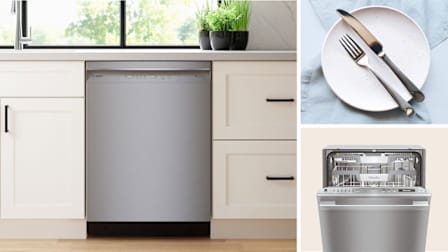Things You Should Never Put in the Dishwasher
Is cast iron off-limits? What about wooden spoons? I'm here to dispel any confusion you might have about which materials are dishwasher-safe.
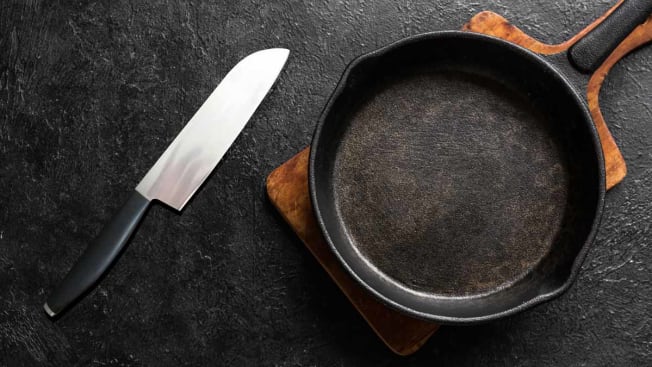
I have a different relationship with each of my kitchen appliances. With the fridge, I feel a friendly familiarity, and with my microwave, a sort of unspoken camaraderie. I interact with both frequently, sometimes several times a day.
With dishwashers, though, there is a reverence. My family didn’t own one until I was much older, and it has always seemed like a mysterious invention to me. Every time I use one now, I’m worried about doing something wrong, specifically whether I’m putting in an item that I shouldn’t. If you’ve ever had similar worries, here’s what you should know.
Things You Should Not Put in Your Dishwasher
Acrylic dishware or accessories: Crazing (small cracks through the acrylic) might occur.
Brass, bronze, copper, and pewter items: High-temperature water and detergent can cause discoloration, says Larry Ciufo, who has tested hundreds of dishwashers at CR over the past 20 years.
Things That Are Generally Safe, but With Caveats
Aluminum is usually dishwasher-safe, but minerals in the water might cause spots or darkening. To remove those, scour with a soap-filled steel wool pad.
China, crystal, and stoneware are mostly safe, but if the pieces are hand-painted or fragile, wash them by hand. It’s also better to hand-wash glasses or dishes with gold leaf.
Milk-glass items might yellow after repeated washings in the dishwasher.
Plastic items vary in their ability to withstand heat and detergents, so check whether they’re dishwasher-safe and make sure to place them on the top rack—away from the heating element—and don’t select cycles that use higher wash or dry temperatures.
Stainless steel and silver are generally okay to put in the dishwasher, but make sure you run your rinse cycle if you’re not running the wash cycle immediately, because prolonged contact with food can damage their finish.
Best Appliances of the Year
Air Purifiers • Clothes Dryers • Coffee Makers • Dehumidifiers • Dishwashers • Freezers • Microwaves • Refrigerators • Vacuums • Washing Machines • Window Air Conditioners
@consumerreports Not everything you may use in the kitchen is suitable for dishwashers. For expert tips and dishwasher reviews, tap the link in our bio. #cleantok #cleaningtiktok #dishwasher
♬ original sound - Consumer Reports






















